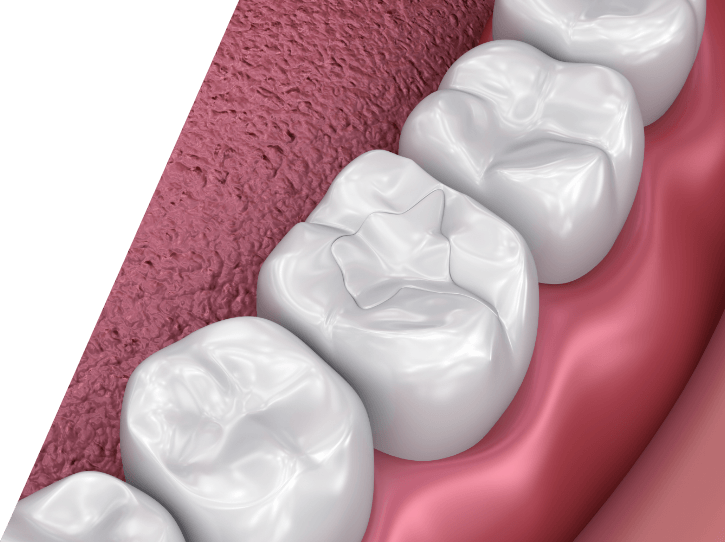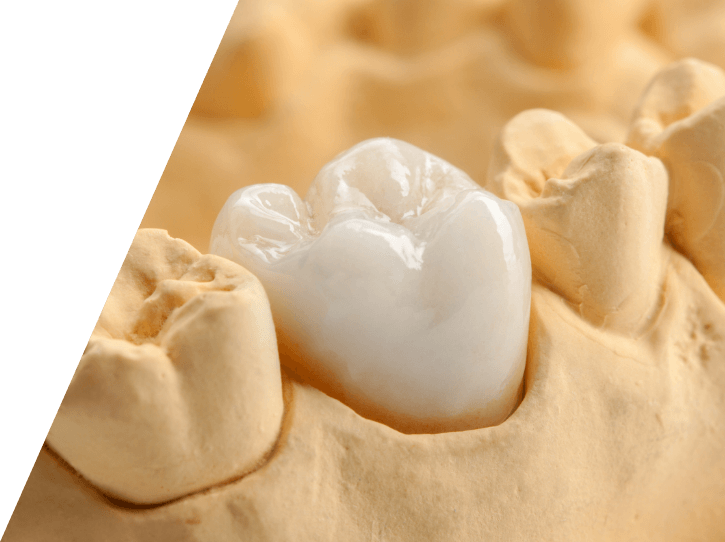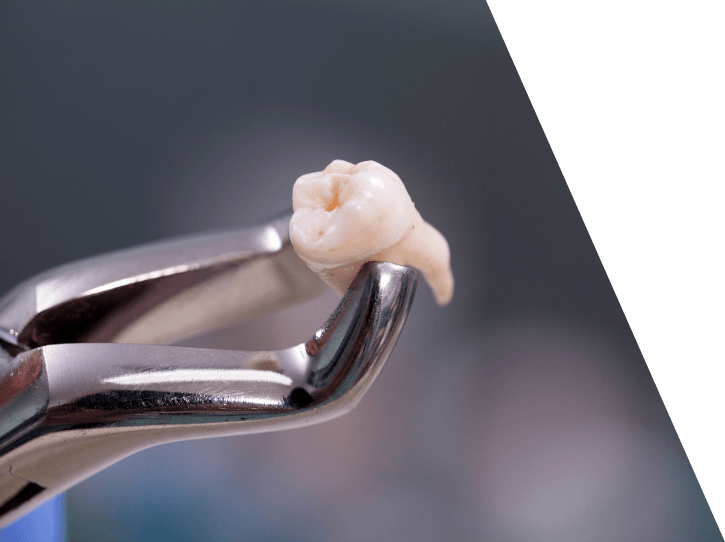Restorative Dentistry – Alice, TX
Repairing Cavities, Dental Injuries, and More
Even if you do the best possible job of brushing and flossing every day, your teeth could still become cracked or decayed at some point over the years. But while teeth might not be able to fix themselves, your dentistry team at Advanced Dental Care of South Texas can help you enjoy a complete smile again with the help of tooth-colored fillings and other dental restorations that can be customized just for you. Call us today to schedule a consultation to discuss options for restorative dentistry in Alice, TX if you have a damaged or decayed tooth.
Why Choose Advanced Dental Care of South Texas for Restorative Dentistry?
- Multiple Materials for Customizable Crowns
- State-of-the-Art Dental Facility
- Team That Goes Above and Beyond
Tooth-Colored Fillings

Dark amalgam fillings used to be the standard for dental fillings, but things have changed. Today, we prefer tooth-colored composite resin for reversing the damage done by tooth decay. The resin matches the natural color of teeth, and it can be shaded for your specific smile. In many cases, a tooth-colored filling can blend in with your smile so well that most people don’t even know it’s there. And without any metal, it won’t make your tooth any more sensitive to hot or cold temperatures.
Learn More About Tooth-Colored Fillings
Dental Crowns

Crowns are used to restore and enhance teeth that are damaged, or to take the place of missing teeth. A crown, also referred to as a cap, is used to entirely cover a damaged tooth. A crown not only strengthens a tooth, but it can dramatically improve a tooth's appearance, shape, and alignment.
Crowns may be used to:
- Replace a large filling when there is little tooth structure remaining
- Protect a weak tooth from fracturing
- Restore a fractured tooth
- Cover a dental implant
- Cover a discolored or poorly shaped tooth
- Cover a tooth that has had root canal treatment
Learn More About Dental Crowns
Tooth Extractions

Good oral hygiene should always be practiced since the loss of a single tooth can have a major impact on your oral health and appearance. Although dentists will use every measure to prevent tooth loss, there are still some occasions when a tooth may need to be extracted such as:
- Severe decay
- Advanced periodontal disease
- Infection or abscess
- Orthodontic correction
- Mispositioned teeth
- Fractured teeth or roots
- Impacted teeth
After careful examination and treatment, the dentist may advise you to have a tooth extracted. Before a tooth is removed, the dentist will take an X-ray to understand the shape and position of the tooth and surrounding bone. Based on the degree of difficulty, we may refer you to a specialist called an oral surgeon.
Curodont Repair Fluoride Plus

Prevention is the best way to treat cavities! Many practices offer fluoride treatments to promote strong and healthy tooth enamel, but our team provides an even more advanced solution: Curodont Repair Fluoride Plus. It contains fluoride and additional minerals along with a special peptide that is important for tooth repair. There is even evidence to indicate that Curodont is 13 times more likely to repair early tooth decay than traditional fluoride varnish alone!
